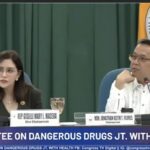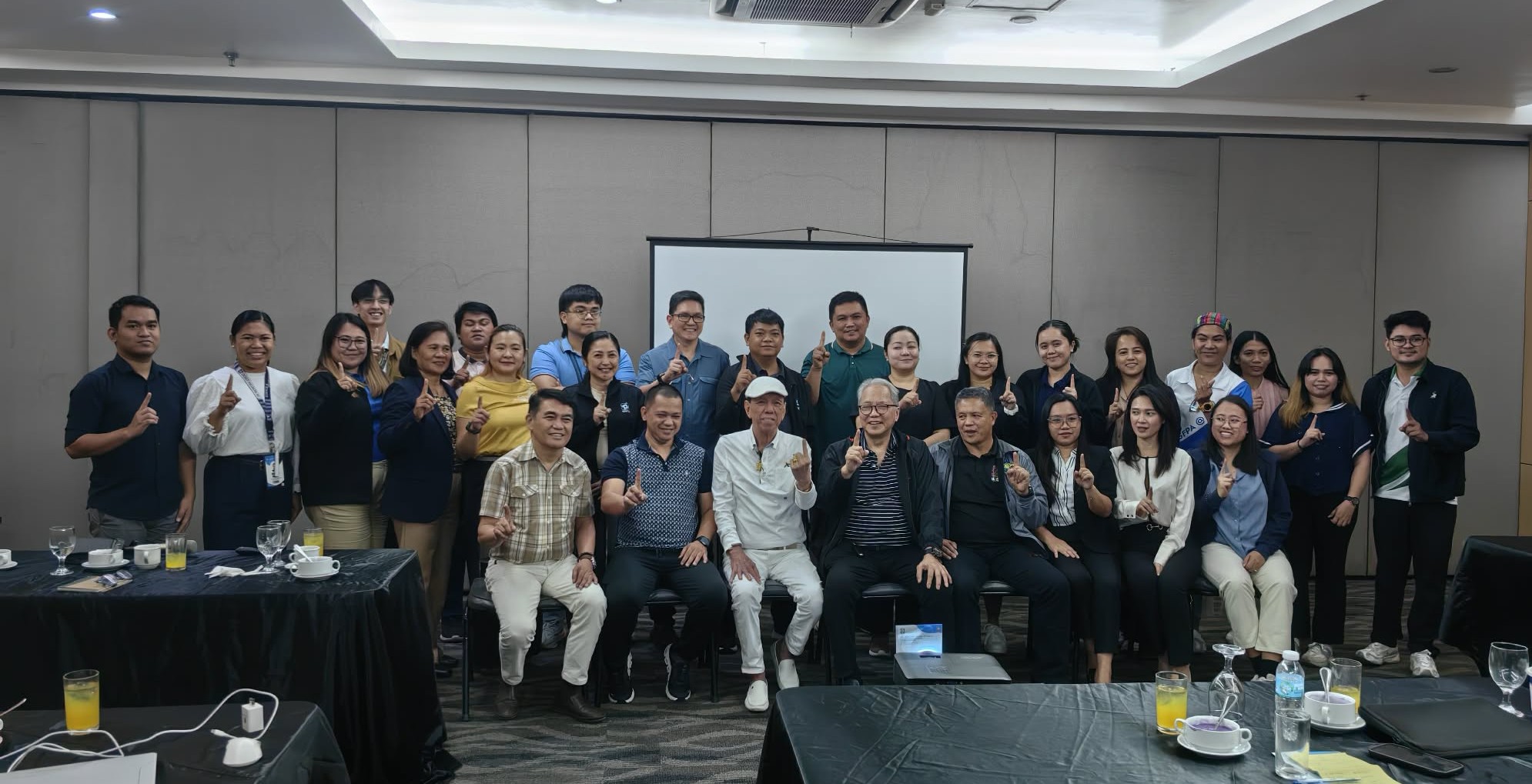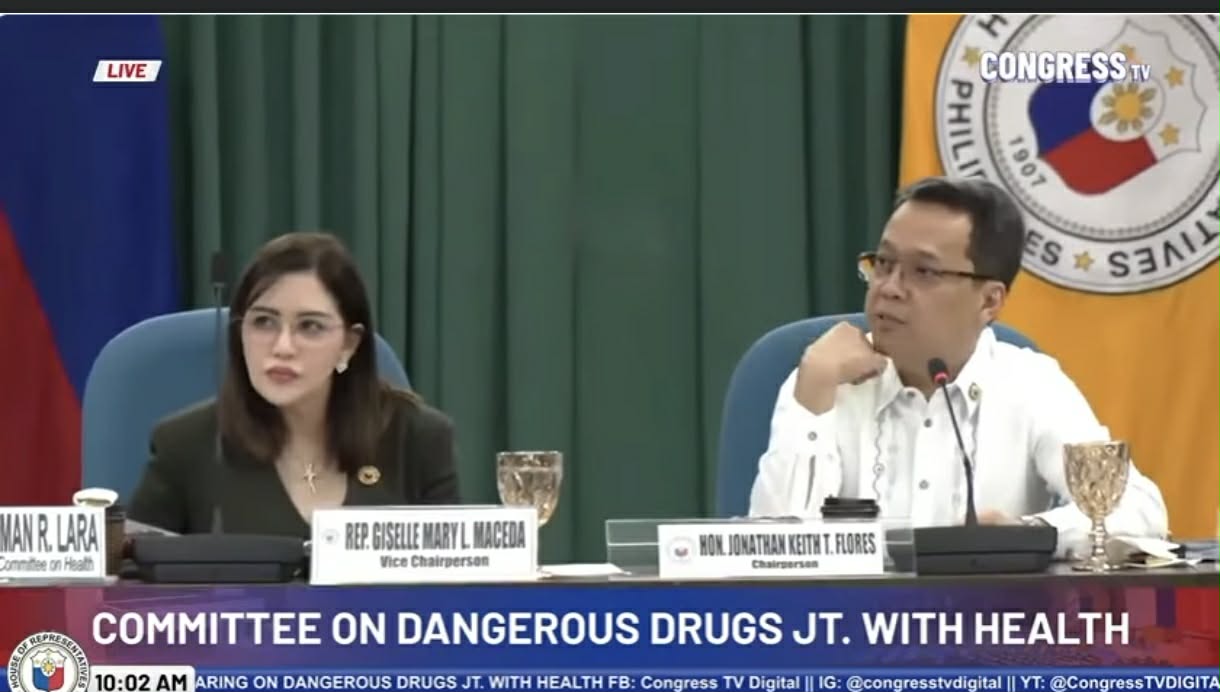A landmark law providing for a comprehensive legal framework aimed at ensuring nuclear energy safety and governance in the Philippines has been enacted, thanks to the efforts of Senate Minority Leader Alan Peter Cayetano.
This after President Ferdinand Marcos Jr. signed the Philippine National Nuclear Energy Safety Act (Republic Act No. 12305) into law on September 18, 2025.
Cayetano played a key role in advancing the legislation, having championed its Senate version as chair of the Senate Committee on Science and Technology in the 19th Congress.
“Across the globe, nuclear energy has been used for peaceful and beneficial applications contributing to sectors such as medicine, agriculture, industry, and energy production,” Cayetano said.
The Philippine National Nuclear Energy Safety Act establishes the PhilATOM which is an independent regulatory body with exclusive authority to oversee safety, security, and safeguards related to nuclear energy, ionizing radiation sources, and radioactive materials.
“It’s obvious why we need the PhilATOM [as established by the] Nuclear Energy Safety Act. It plays a vital role in treating diseases, food security, improving crop yield, mitigating the effects of climate change and generating clean, reliable power or electricity,” he emphasized.
The law also seeks to modernize outdated nuclear-related legislation and prevent conflict of interest by separating the dual functions of the Philippine Nuclear Research Institute (PNRI), retaining its promotional mandate while transferring its regulatory responsibilities to PhilATOM.
Regarding ionizing radiation, the regulatory function of the Food and Drug Administration’s Center for Device Regulation, Radiation Health and Research shall be transferred to PhilATOM, which shall now serve as the sole independent regulatory body.
This separate function of PNRI and FDA is for the agencies to have an undivided focus on research and development, thereby further enhancing the practical applications of nuclear energy in medicine, agriculture, and industrial fields.
“We will align with our international conventions. It is also not really possible for those who promote nuclear atomic energy to be the ones who regulate it. This will fix that problem,” he said.
To safeguard the regulatory body’s independence, the senator stressed that PhilATOM will be free from political appointments.
“Unless the politico or barangay captain or senator has at least 7 years of actual distinguished experience in specific fields of science, they cannot be appointed. In PhilATOM, they should regulate use of nuclear energy, not promote it,” Cayetano said.
The senator also noted that one of PhilATOM’s goals is to inspire more Filipinos to pursue careers in the nuclear energy field.















